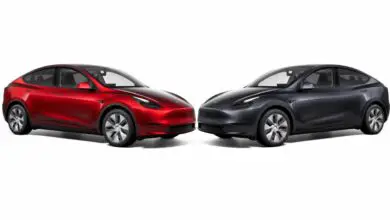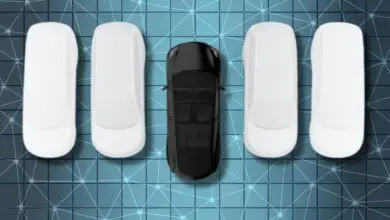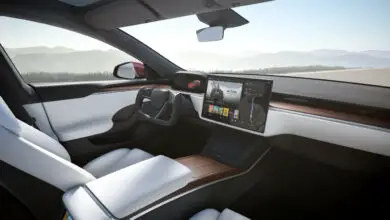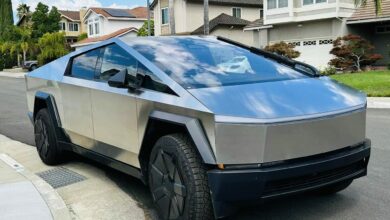Tesla Summon Traffic Incident Unveils Ownership Liability in a Unique Scenario
Exploring Who Bears Responsibility When Autonomous Tech Runs a Stop Sign on Private Property
Tesla’s Summon feature, a marvel of convenience, enables vehicle owners to summon their cars using their smartphones. This technology relies on GPS to pinpoint the car’s location and navigate it to the owner, making it a valuable tool in situations like heavy rain or crowded parking lots. While it’s undoubtedly useful, the evolving landscape of semi-autonomous and fully autonomous vehicles raises intriguing questions about responsibility when a vehicle commits an infraction. In a recent incident where a Tesla Summon-equipped vehicle ran a stop sign in a parking lot, the issue of ticketing came to the forefront.
Summoning Trouble
Notable TikTok personality UgoLord, known for clarifying liability in everyday scenarios, shed light on the matter. The incident in question featured Brooks Weisblat, a prominent Tesla owner and racer affiliated with the DragTimes YouTube channel. Weisblat summoned his Model 3 in a parking lot, and as it navigated through the area, it failed to come to a halt at a stop sign, prompting a nearby police officer to pull the vehicle over.
The peculiar aspect of Tesla Summon is that it doesn’t require a human driver in the traditional sense. So, when an infraction occurs, who bears the responsibility? According to UgoLord, it falls upon the owner of the vehicle who is operating the Summon feature. “Even in an autonomous, self-driving vehicle, it is still the owner’s responsibility to ensure that the vehicle obeys all traffic laws,” UgoLord explained.
The Property Predicament
However, this case introduces a unique twist. The parking lot where the infraction took place is considered private property, which has significant implications. As UgoLord clarified, this designation technically disqualifies the police officer from issuing any tickets. Private property doesn’t fall under the jurisdiction of public road laws, offering Weisblat immunity from receiving a ticket in this instance.
Looking Ahead
The incident in the parking lot raises intriguing questions about how the development of autonomous vehicles will impact traffic laws and their enforcement. As we progress toward fully autonomous vehicles, will individuals remain responsible for their car’s traffic violations? This question becomes particularly relevant as companies inch closer to achieving Level 5 autonomy, as defined by the SAE’s automation levels. At this stage, vehicles could handle all driving tasks, potentially allowing passengers to sleep while the vehicle takes control.



